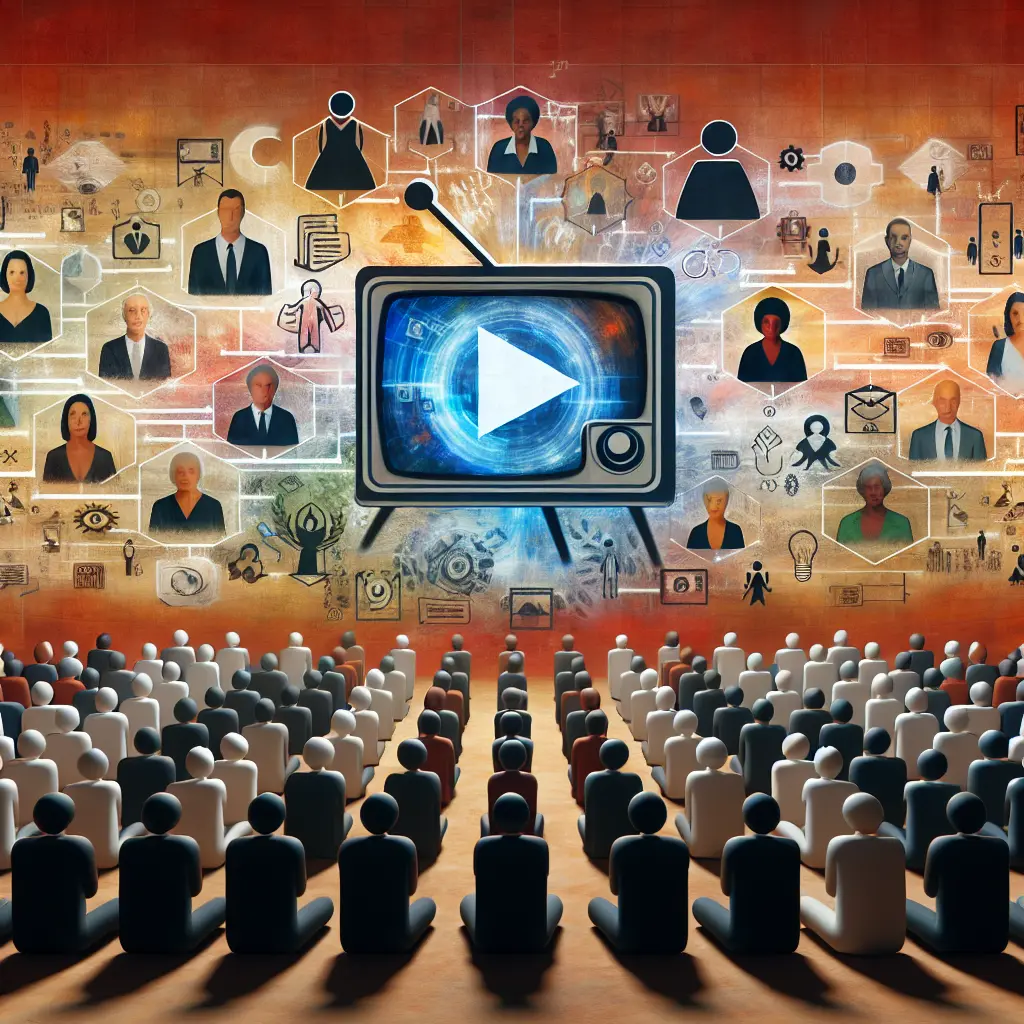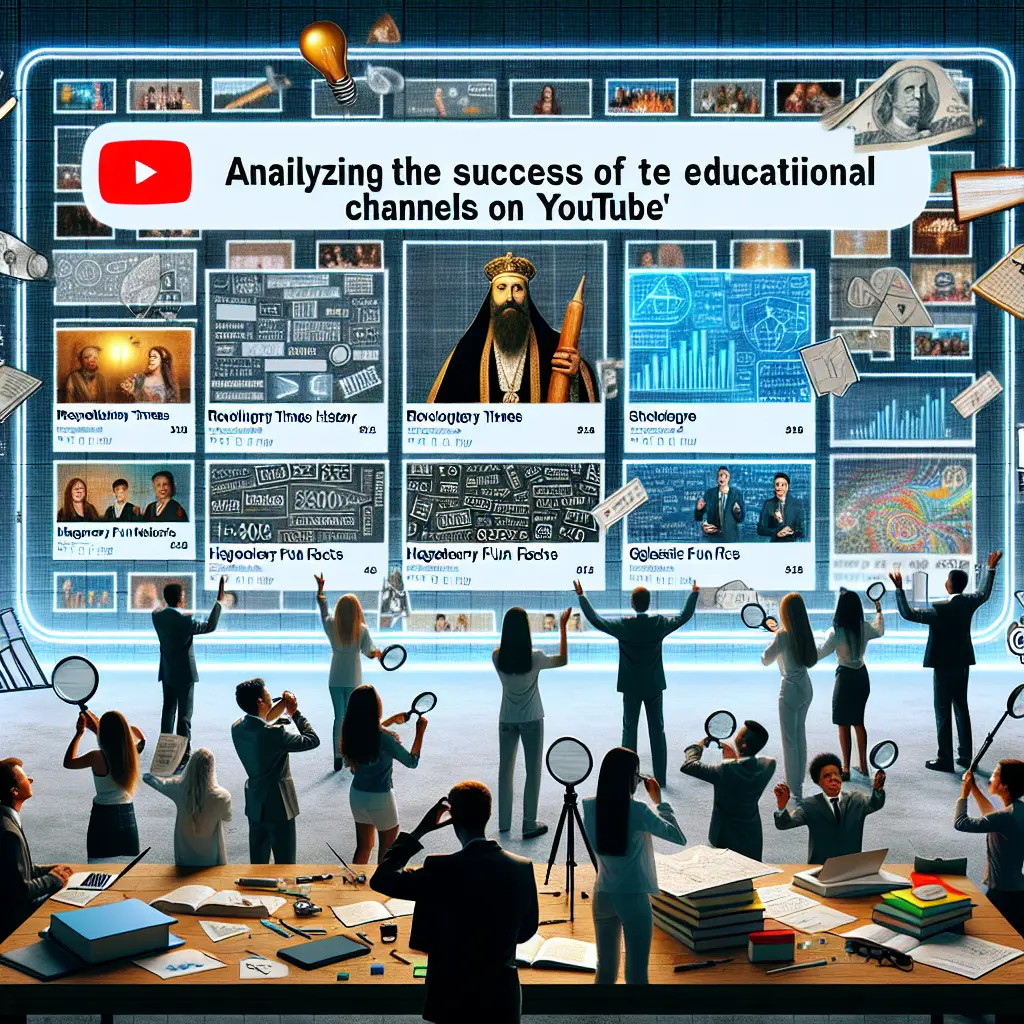In today's digital age, YouTube has transcended its original role as a platform for sharing videos to become a significant player in the realm of politics. This evolution begs the question: how significant is the political influence of YouTube? From shaping political opinions to altering voter behavior, YouTube has become a formidable tool in the arsenal of political strategy. As we delve deeper, it is crucial to understand the multifaceted role of YouTube in elections and broader political discourse.
YouTube shaping political opinions is no longer a speculative statement but a tangible reality. The platform offers an unprecedented ability to reach vast audiences, making it a powerful medium for political messaging. Political parties and candidates harness YouTube to broadcast their campaigns, debates, and policies directly to voters, bypassing traditional media filters. This direct line not only enhances transparency but also allows for real-time engagement with the electorate.
However, this influence comes with its complexities. The recent demise of Susan Wojcicki, the former CEO of YouTube, marks a significant moment in the platform's history. Under her leadership, YouTube expanded immensely, touching various aspects of daily life, including politics. Her passing is covered extensively in reputable sources such as TechCrunch and The Verge.
YouTube's introduction of new features such as YouTube Shorts and community notes exemplifies its dynamic nature. The platform's recent adoption of Instagram's 'Add yours' prompt stickers into Shorts, as discussed on Social Media Today, enhances interactive content creation, potentially increasing engagement around political topics. Additionally, YouTube's invitation to users to test its community notes feature, reported by Engadget, could further democratize information dissemination and fact-checking, directly impacting political awareness.
A contentious issue surrounding YouTube and other digital platforms is the ethical use of content. Reports from The Guardian reveal that tech giants like NVIDIA, Apple, and Anthropic have been involved in scraping YouTube videos without permission to train their AI models. This raises significant concerns about privacy and the unauthorized use of digital content, reflecting the broader challenges at the intersection of digital media and politics.
YouTube as a Political Tool
Considering YouTube as a political tool, its impact on voter behavior cannot be overstated. The platform not only informs but also influences how people perceive various political issues and candidates. For instance, YouTube political campaigns are now fundamental components of election strategies, providing a template for how campaigns can effectively communicate and sway public opinion online.
The influence is also seen in how social media and political change are intertwined. Movements and protests often gain traction on YouTube where videos can go viral, propelling issues into the public eye far quicker than traditional media could. This aspect of YouTube has proven particularly potent in countries where press freedom is limited, offering a platform for opposition and dissent.
Recent news highlights further underscore YouTube's complex role in politics. For example, BlackRock's removal of a controversial video involving a depiction of Trump due to conspiracy theories highlights the challenges YouTube faces in content moderation and the prevention of misinformation, as noted by Reuters.
Moreover, the trend where car YouTubers are quitting en masse, as explored on platforms like YouTube Trends, also hints at broader issues related to content sustainability and monetization, which can indirectly influence how and what political content is produced and consumed.
Conclusion: A Tool for Awareness and Influence
In conclusion, YouTube’s role in shaping political landscapes is profound and multifaceted. From being a platform for political campaigns to a source of political education and awareness, it influences public opinion and voter behavior significantly. As digital media continues to evolve, so too will its integration with politics, potentially offering new tools for engagement and participation in democratic processes.
Reflecting on the transformative impact of YouTube in politics, it becomes clear that while it offers vast opportunities for fostering political engagement and change, it also requires careful navigation to mitigate challenges such as misinformation and privacy concerns. As we continue to explore these digital frontiers, let us strive for a balanced approach that promotes transparency, accountability, and inclusivity in our global political discourse.










Leave a Comment